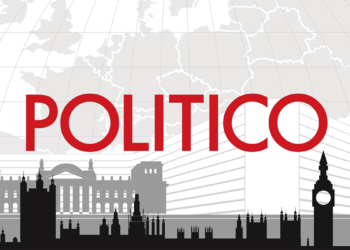Binance Founder Should Get Three Years in Prison, Prosecutors Say
Changpeng Zhao, the founder of the giant cryptocurrency exchange Binance, should go to prison for three years after breaking the law “on an unprecedented scale” and pleading guilty...
Read more































